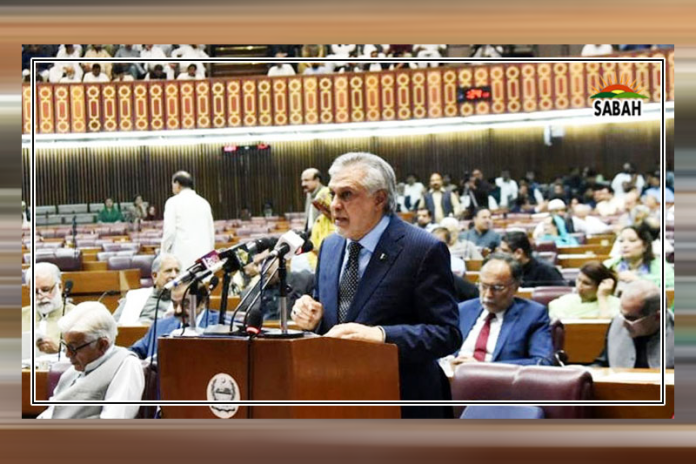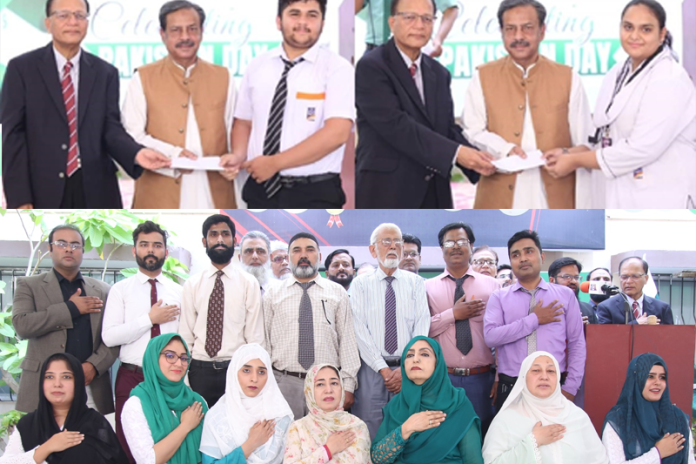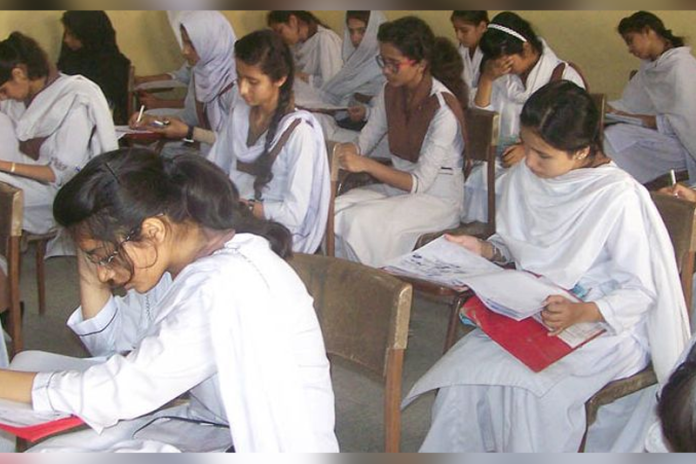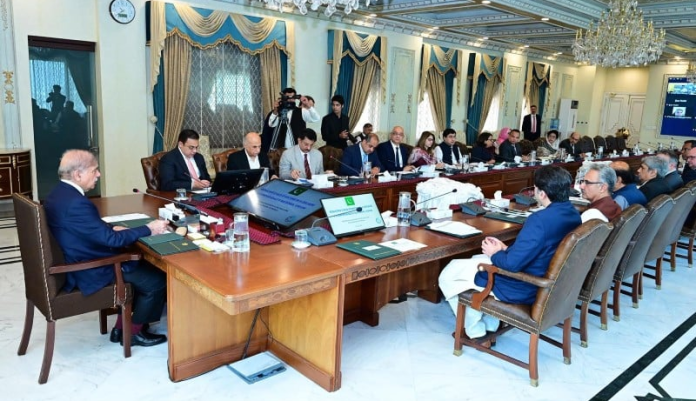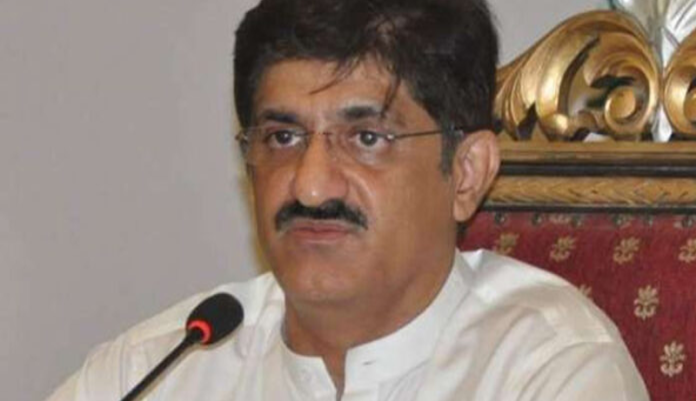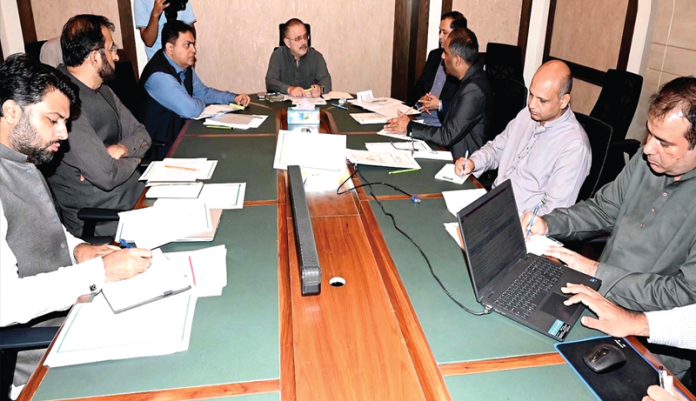Transforming agriculture in Sindh: A pathway to prosperity and food resilience
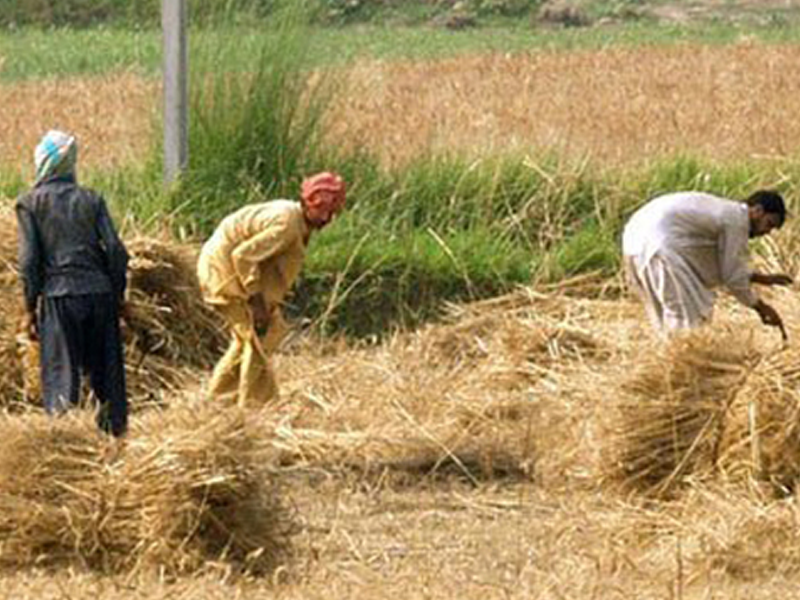
- 78
- 0
Agriculture stands as the backbone of Pakistan’s economy, and in the province of Sindh, it holds particular significance. With its fertile lands along the Indus River, Sindh has long been recognized for its agricultural potential. Today, the province is poised to revolutionize its agricultural sector, leveraging innovation and modern techniques to drive prosperity and ensure food security for its populace.
Harnessing Technology for Efficiency:
Sindh’s agricultural transformation is fueled by technological advancements that are reshaping traditional farming methods. The introduction of smart farming technologies, precision agriculture, and the utilization of drones and sensors for crop monitoring and management are optimizing resource allocation. These innovations minimize wastage, maximize yields, and promote sustainability in agriculture.
Water Management and Irrigation:
Efficient water management remains a critical focus in Sindh’s agricultural revolution. Modern irrigation systems, such as drip and sprinkler irrigation, are being embraced to conserve water and enhance its effective utilization. Moreover, the construction and restoration of water reservoirs and the adoption of water-efficient crops are pivotal steps towards ensuring consistent and sustainable water access for farmers.
Crop Diversification and Innovation:
Sindh is diversifying its crop portfolio to enhance resilience against climate change and market fluctuations. Traditional crops like rice, wheat, and cotton are being supplemented by high-value crops such as fruits, vegetables, and pulses. The promotion of organic farming and the introduction of climate-resilient crop varieties are fostering innovation and creating new economic opportunities for farmers.
Empowering Farmers through Education and Support:
To ensure the success of this agricultural revolution, empowering farmers through education and support programs is paramount. Training initiatives on modern agricultural practices, financial literacy, and access to credit facilities are empowering farmers to embrace new technologies and practices. Additionally, farmer cooperatives and government support schemes are facilitating access to resources and markets.
Addressing Challenges and Ensuring Sustainability:
Despite the advancements, challenges persist. Issues like land degradation, water scarcity, and access to modern inputs and technologies need sustained attention. Moreover, ensuring that smallholder farmers, who form the backbone of Sindh’s agriculture, benefit equitably from these advancements remains crucial.
Conclusion:
Sindh’s journey towards revolutionizing its agriculture is a testament to the province's commitment to sustainable development and food security. By embracing technological innovation, efficient resource management, and farmer empowerment, Sindh is poised to achieve greater agricultural productivity, economic prosperity, and food self-sufficiency. With concerted efforts and continued support, this transformation will not only uplift the agricultural landscape of Sindh but also contribute significantly to Pakistan’s overall economic growth and food security goals.
Published in The Daily National Courier, January, 11 2024
Like Business on Facebook, follow @DailyNCourier on Twitter to stay informed and join in the conversation.











